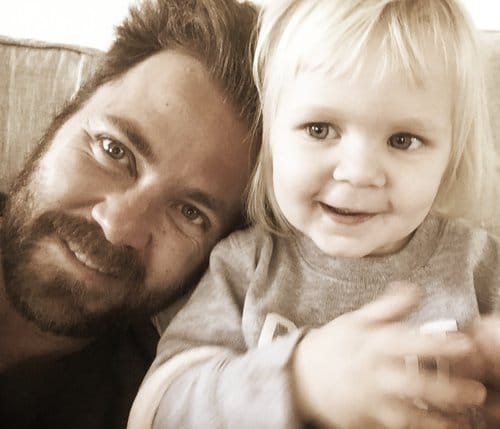At-One-Ment: Ending the Sacrificial Pattern

Religion should draw our spiritual lives closer to love and freedom. How do we feel God’s profound love in times of suffering? How do we feel connected to true freedom when so many are oppressed—often because of religion?
The Franciscans never accepted substitutional atonement theory—the story that Jesus came to Earth as a necessary sacrifice to appease an angry God. As human consciousness grows, more people struggle to connect with a God who would demand Jesus as payment for our sins.

“Substitutionary atonement never rang true. I remember questioning my mother, asking why God would ever be that cruel. This loving God DID take our place, not as a sacrificial lamb, but to join us in this life and death venture—to show us we will be just fine. That is what a loving God would do—not heap guilt upon an already oppressed victim and require a ‘payment for services.’”
—CAC community member, Diane H.
Franciscan teacher John Duns Scotus said that Jesus was not merely a mop-up exercise after the first humans sinned. Rather, the Alternative Orthodoxy invites us to see union not sacrifice, love not anger, and restoration not retribution, at the heart of The Cross.
This shifting perspective of atonement to at-one-ment is hidden in plain sight all throughout Christian scripture—if we practice how to look.
Reading the Scriptures Like Jesus
Ever a Franciscan, Fr. Richard Rohr’s “hermeneutic” (method of interpreting Scripture) is simply to read the Scripture the way that Jesus did. In the book, Essential Teachings on Love he says, “Jesus ignored or openly disobeyed scripture that was violent, imperialistic, tribal, exclusionary, or mere cultural purity codes. Against his own tradition, he highlighted many previously ignored texts that were inclusive, merciful, and forgiving.”
We all bring our own lens to scripture, often packaged in the individual stories and communities we identify with. Living School alumni and creator of The Pilgrim Bible Project, Andrew Breitenberg began to experience this shift in perspective while exploring the historical languages of scripture.
“Can you imagine an artist insisting that you perceive their art according to their predetermined system? Does a poet footnote each poem with instructions on the right way to be impacted by it? Of course not. It’s the very diversity of approach, interpretation, feeling, and ‘actioning’ of the Bible which makes it a ‘living word.’ The countless unique voices with which we read the Bible create the music that it’s always been meant to make.
“When the Bible is given to us in our voice, it speaks action to the heart—the kind of action that sparks forgiveness and grace, radical hospitality, and love, and extends the table of indiscriminate inclusion.”

“The countless unique voices with which we read the Bible create the music that it’s always been meant to make.”
—Andrew Breitenberg, Living School Alumni Quarterly, Winter 2020
At-One-Ment: The Embodiment of the Alternative Orthodoxy
The substitutional atonement theory—that Jesus was punished for our sins—is written in the stories of debt, atonement, and retribution. Franciscan spirituality—the Alternative Orthodoxy—reveals that the very idea of a “blood sacrifice” is counter to Jesus’s own loving and nonviolent teachings!
Watch as Franciscan sister Ilia Delio explains how Franciscan spirituality invites us to see God’s love as the binding force for all things.

“Substitutional atonement theory allowed us to ignore Jesus’ lifestyle and preaching, because all we really needed Jesus for was the last three days of his life. The irony is that Jesus undoes the sacrificial game. Jesus came so we would stop counting, measuring, deserving, judging, and punishing, which many Christians are very well trained in—because they believe that is the way God operates too.”
—Richard Rohr, Returning to Essentials
Reflect with Us
What are some ways we have been programmed to believe in punishment as the shape of the universe?
We Conspire is a new monthly email from the Center for Action and Contemplation featuring wisdom and stories from the emerging Christian contemplative movement. Join spiritual seekers from around the world on a journey of transformation and discover your place in the Great Story Line that connects us all in the One Great Life. Sign up for the monthly email series and receive a free invitation to practice each month.
